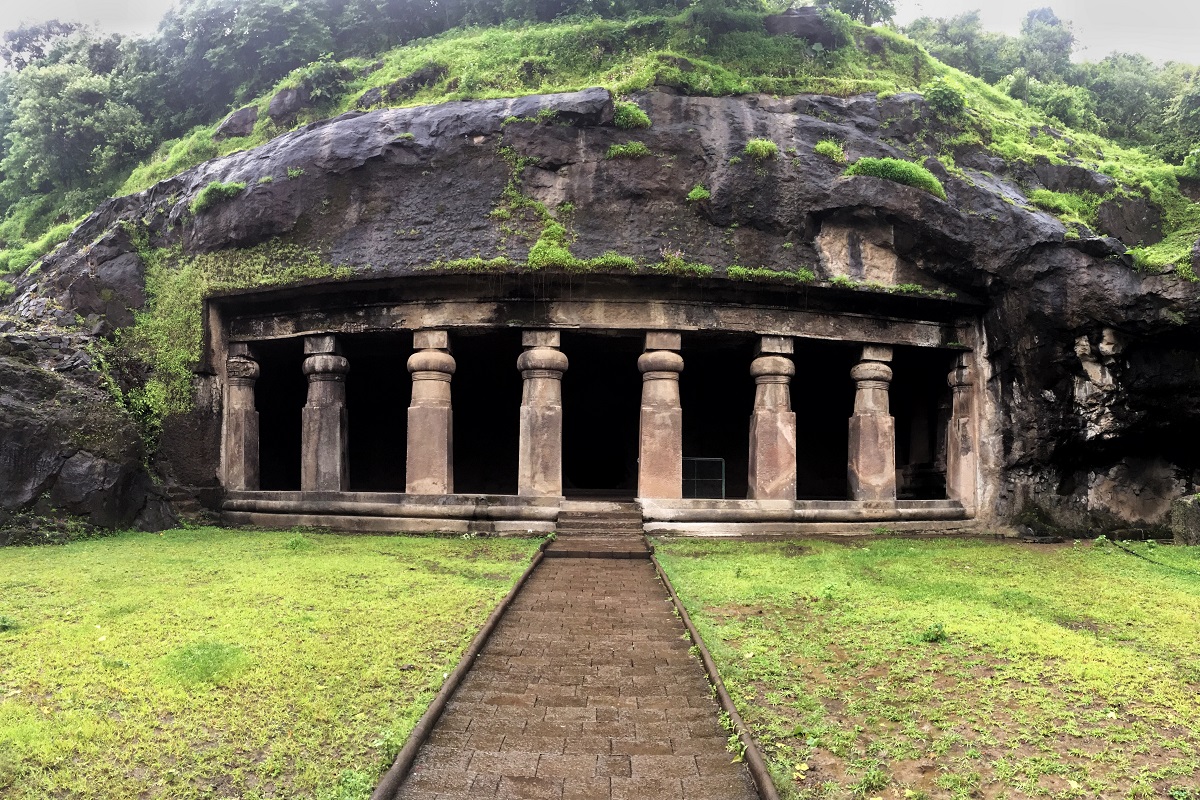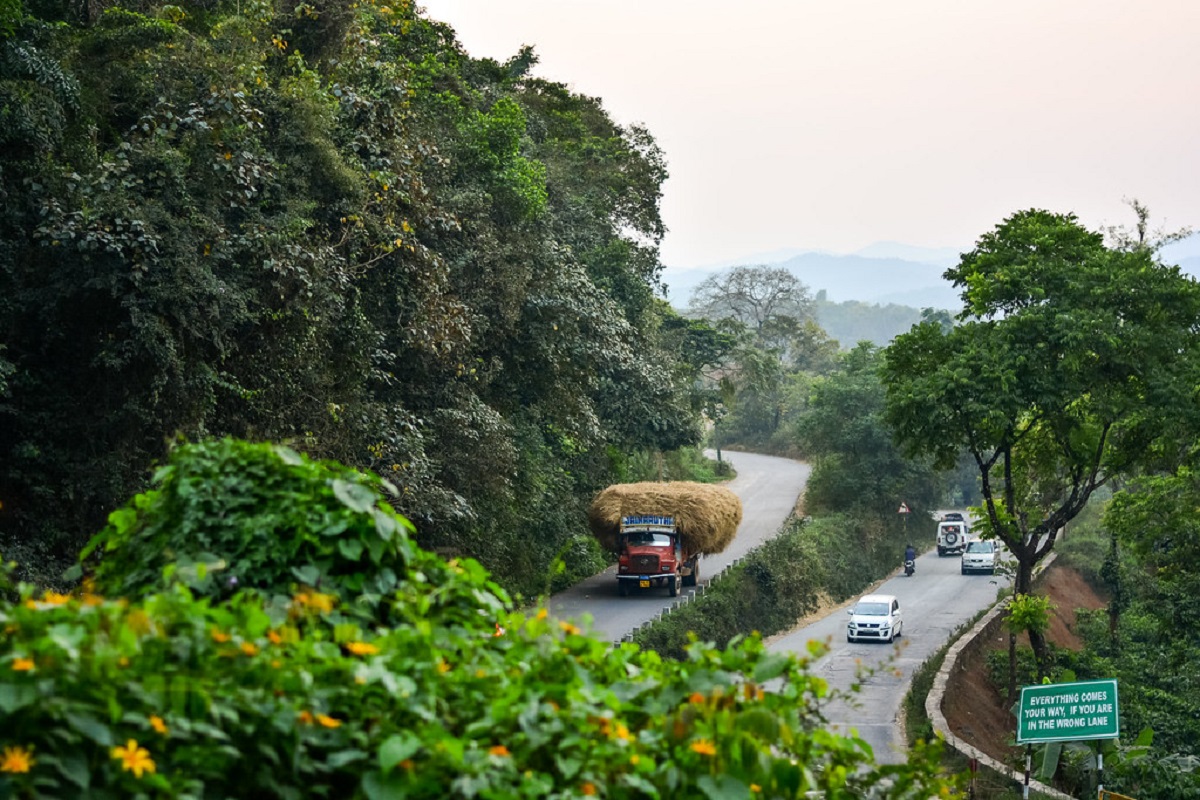Introduction to Gangotri National Park
Nestled amidst the breathtaking Garhwal Himalayas in the state of Uttarakhand, India, lies the pristine Gangotri National Park. A haven for nature lovers, this park serves as a gateway to some of India’s most treasured landscapes and houses a diverse range of flora and fauna. With an area spreading over 2,390 square kilometers, the park is named after the sacred Gangotri Temple, making it not just an ecological but also a spiritual hotspot.
Biodiversity Abounds
Flora – A Green Canvas
The park boasts of lush green forests of pine, deodar, fir, and spruce. In the higher altitudes, where the temperatures dip significantly, one can find expansive meadows filled with vibrant wildflowers and medicinal plants, painting a scene straight out of a dream.
Fauna – A Wildlife Enthusiast’s Delight
Gangotri National Park is home to several endangered species, making it a critical conservation area. The elusive snow leopard roams its snowy terrains, while the brown bear and blue sheep (Bharal) are more commonly sighted. The park also shelters the Himalayan monal, the state bird of Uttarakhand.
Trekking through the Wilderness
The park is a trekker’s paradise. It provides the base for various treks, including the challenging Gaumukh-Tapovan and Kedartal treks. Each trek offers a unique perspective of the park’s landscapes, from glistening glaciers to serene rivers.
Spiritual Significance
Beyond its natural beauty, Gangotri National Park holds immense spiritual importance for Hindus. The Gangotri Temple, dedicated to Goddess Ganga, is located at the edge of the park. Pilgrims from around the world visit this temple, especially during the Char Dham Yatra.
Conservation Efforts
The ecological significance of Gangotri National Park hasn’t gone unnoticed. There have been several conservation initiatives to preserve the park’s delicate ecosystem and endangered species. These efforts are especially crucial given the challenges posed by climate change and increased human interference.
Visiting the Park
While the park is open to visitors, there are certain guidelines one must adhere to, ensuring minimal disturbance to the wildlife. The best time to visit is between April to October, as heavy snowfall during the winter months can make the terrains inaccessible.
The Geographical Tapestry
Glacial Terrains
One of the park’s most distinctive features is its glacial regions. The Gangotri Glacier, one of the primary sources of the River Ganges, lies within the park. It’s a surreal experience to watch the sun’s rays dance on the icy sheen of the glacier, creating a spectacle of shimmering silver.
Alpine Meadows and High Altitude Lakes
As one traverses deeper into the park, they are greeted by sprawling alpine meadows dotted with myriad species of vibrant flowers. Hidden amidst these meadows are tranquil high-altitude lakes, reflecting the azure skies and offering solace to weary trekkers.
A Symphony of Sounds
Gangotri National Park is a melodious retreat for those who seek solace in nature’s sounds. The rustling leaves, chirping of the birds, and the gentle gurgling of the River Bhagirathi create a serene auditory experience.
Local Legends and Folklores
The park is steeped in myths and legends. Locals often narrate tales of ancient sages meditating in the park’s caves, seeking enlightenment. Some even believe that the park is inhabited by divine entities, guarding the sanctity of the region.
Sustainable Tourism and Community Involvement
Recognizing the ecological significance of the park, local communities and authorities have joined hands in promoting sustainable tourism. Efforts are being made to minimize carbon footprints, manage waste effectively, and raise awareness among visitors. The local communities also offer guided tours, bringing to life the park’s history, legends, and ecological wonders.
The Ethereal Experience of Night in the Park
As the sun sets, Gangotri National Park transforms into a celestial wonderland. The clear skies offer a panoramic view of the star-studded cosmos. Camping under these skies, with the Himalayas as a backdrop, is an experience that remains etched in memory for a lifetime.
Conclusion
Gangotri National Park isn’t just a destination; it’s an ethereal journey through nature’s most magnificent spectacles. A trip here isn’t merely about sightseeing; it’s about feeling the pulse of the Earth, understanding the intricate web of life, and experiencing the sublime wonders of nature. Whether you’re in search of adventure, spirituality, or simply the tranquility of untouched nature, Gangotri beckons with open arms.







